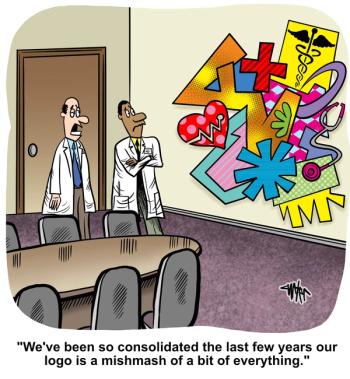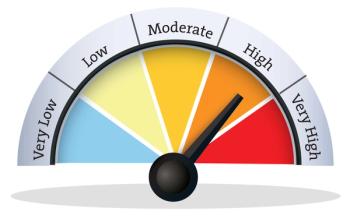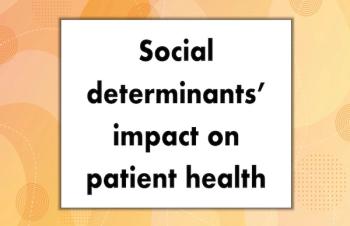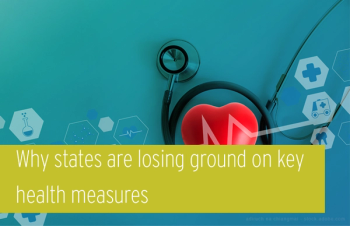
Americans have seen their primary care physicians less and less- here's why.

How it can make you and your staff more efficient.

Sometimes, the biggest financial dangers are the ones we don’t see.

40 percent of patients indicated that the state of the economy affects how often they seek medical care

Mergers in healthcare are nothing new, but sometimes they can go too far.

While there are many key concepts and strategies to be aware of prior to and during any lease or purchase negotiation, there are an equal or greater number of mistakes to avoid.

Can telehealth solve rural health issues? Maybe. But only with a mindful approach.

Doctors are adopting digital healthcare tools in greater numbers since 2016.

Fewer medical students are interested in primary care. Why?

Ransomware is on the rise. What can healthcare organizations do to stop these hacks?

Patient identification is in desperate need of an overhaul-and biometrics could be the answer.

A study found the number of nurse practitioners in the U.S. rose from 91,000 to 190,000 between 2010 and 2017.

In some cases even small improvements in revenue and operating efficiencies can make the difference between staying independent and selling or merging a practice,

Few prior auths are automated. Here's what's standing in the way.

Research shows providers' online reputation plays an important role in making an appointment.

The top three barriers identified.

Driven by unsustainable cost increases, increased public and regulatory scrutiny, as well as shifting alliances, healthcare is undergoing a radical transformation

The results of a 2017 study on Medicare and social determinants of health.

The decision is backed by a review of acupuncture studies showing the treatment is successful at alleviating pain without the use of opioids.

Six doctors share their strategies

Physician Compare is making MIPS data available to patients, payers and competitors. Here’s how practices can leverage their performance data and stay ahead of the curve.

Antibodies that were previously overlooked may hold the key to a better flu vaccine.

Even small practices can get top talent with the right recruiting strategies.

New research shows that a ketogenic diet may help activate new immune responses that can help fight influenza A.

A report card of healthcare indicators shows troubling developments.

Failure to provide patient records can result in a HIPAA fine.

Decisions about malpractice insurance may be among the most important a doctor can make.

What physicians need to know about these experiences abroad

A survey by Contract Recruiter found that only 19 percent of new hires go on to have success in their new positions.

Choosing an E/M code based on gut feeling is one of the biggest mistakes a physician can make.